One of the most disappointing things about Dragon Age: The Veilguard is that it doesn’t really take player decisions into account. Dragon Age has historically made the consequences of your actions reverberate across time, affecting the way the world in your game looks and making it different from others.
It was never sustainable for BioWare to keep this up indefinitely, as I wrote in July, before the game’s launch. Trying to take three games worth of choices into account while writing a new game would have been nightmarish, and while it would be a dream for longtime fans if their choices from earlier games had an impact on The Veilguard, it would be incredibly hard for BioWare to implement on any long-term scale.
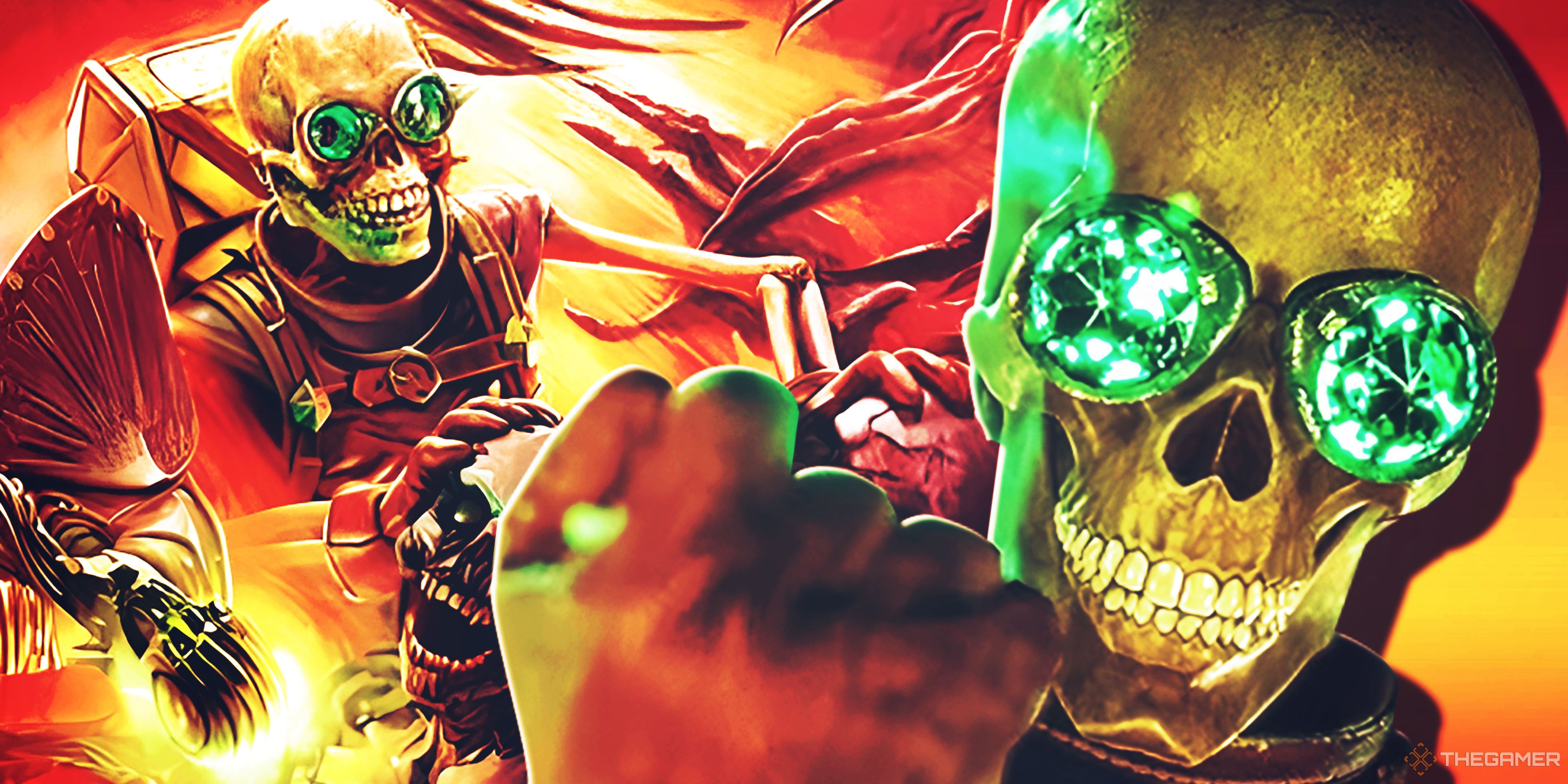
Related
Dragon Age: The Veilguard’s Best Character Is A Hissing Skeleton
Friendship ended with the Veilguard, now Manfred is my best friend.
Dragon Age’s Choices Were Too Complex To Implement Forever
Back then, I wrote that since these long lasting consequences were key to the series’ appeal, I was sure The Veilguard would take them into account. I was very wrong. In fact, The Veilguard takes a total of three choices into account, all of them from Inquisition: who your Inquisitor romanced, whether the Inquisition was disbanded or surrendered, and whether the Inquisitor decided Solas needed to be stopped or if he had to be saved from himself.
Apart from this, your choices are largely unimportant. Even with them, there is a negligible impact on the story. Things that may have been affected by your choices are danced around or ignored completely, and bad endings for certain characters are ruled out entirely by the game’s canon. In the grand scheme of things, this isn’t a big deal. I don’t begrudge BioWare for choosing to move away from taking every small decision into account, because a game relying so much on an ongoing, highly personal history with the series would inevitably alienate some players who might want to jump in for the first time.
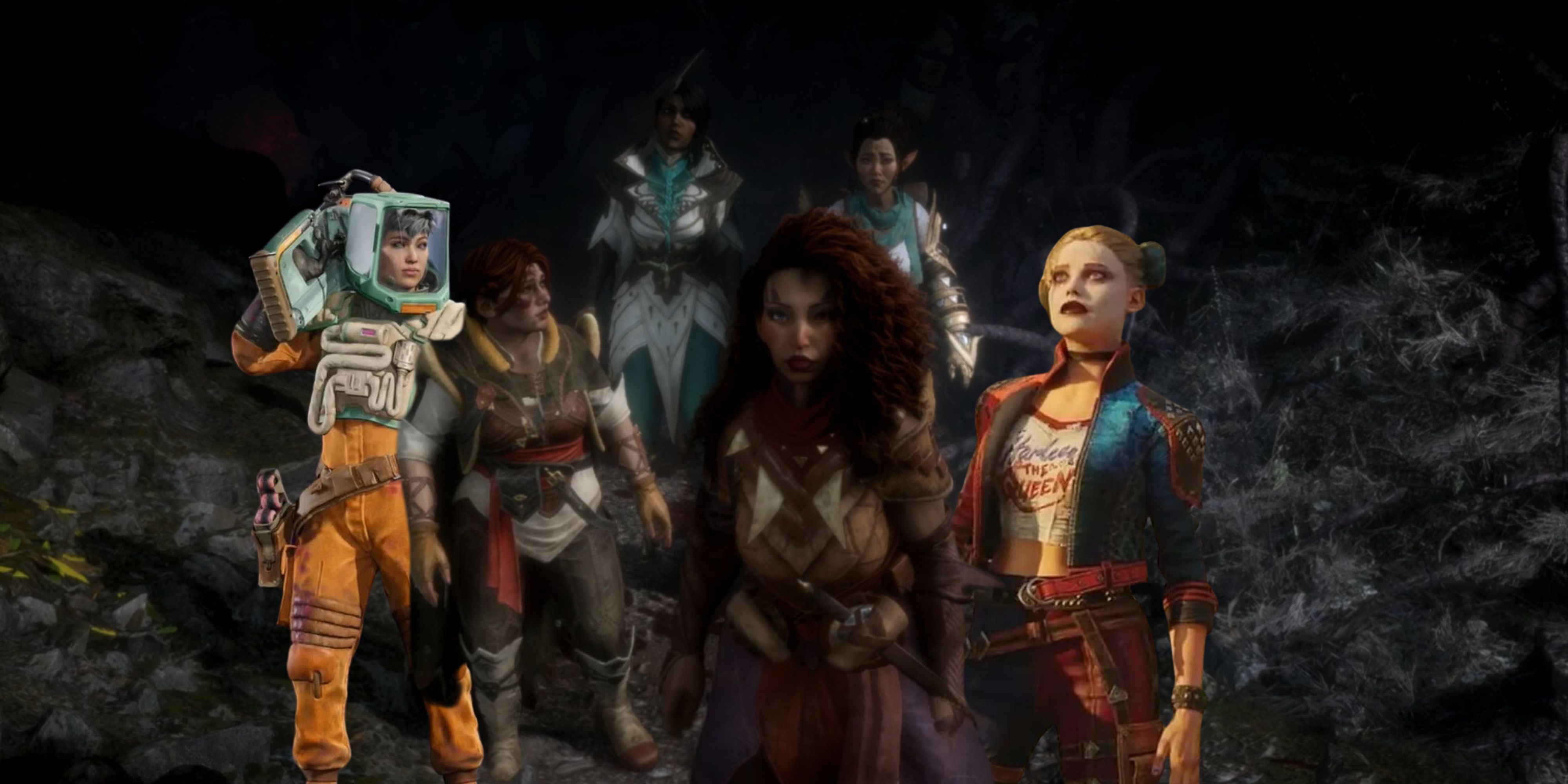
Related
Dragon Age: The Veilguard Could Save So Many Studios
The Veilguard offers a way forward to games trapped in lie-service development.
Why Include Them At All If They’re Poorly Implemented?
But The Veilguard’s problem is that it doesn’t slash and run. It instead tries to straddle the line between catering to existing fans and drawing in new players. Existing fans wanted their choices to matter, and for the threads of the canon they’d crafted over the years to extend into this new game, and BioWare didn’t want to alienate those players by having nothing they did carry over. That would probably have killed a lot of its goodwill with diehard fans.
Unfortunately, the halfway measure it offers here doesn’t quite work. We see characters from previous games making appearances, but they don’t talk all that much about the things they’ve been through, because going into too much detail would probably establish certain choices as canon. Events we’ve played through are occasionally alluded to, but never in detail. It’s as if BioWare is trying not to reference anything too explicitly because the spread of canons are too wide, but it’s still trying to throw fans a bone by including cameos.
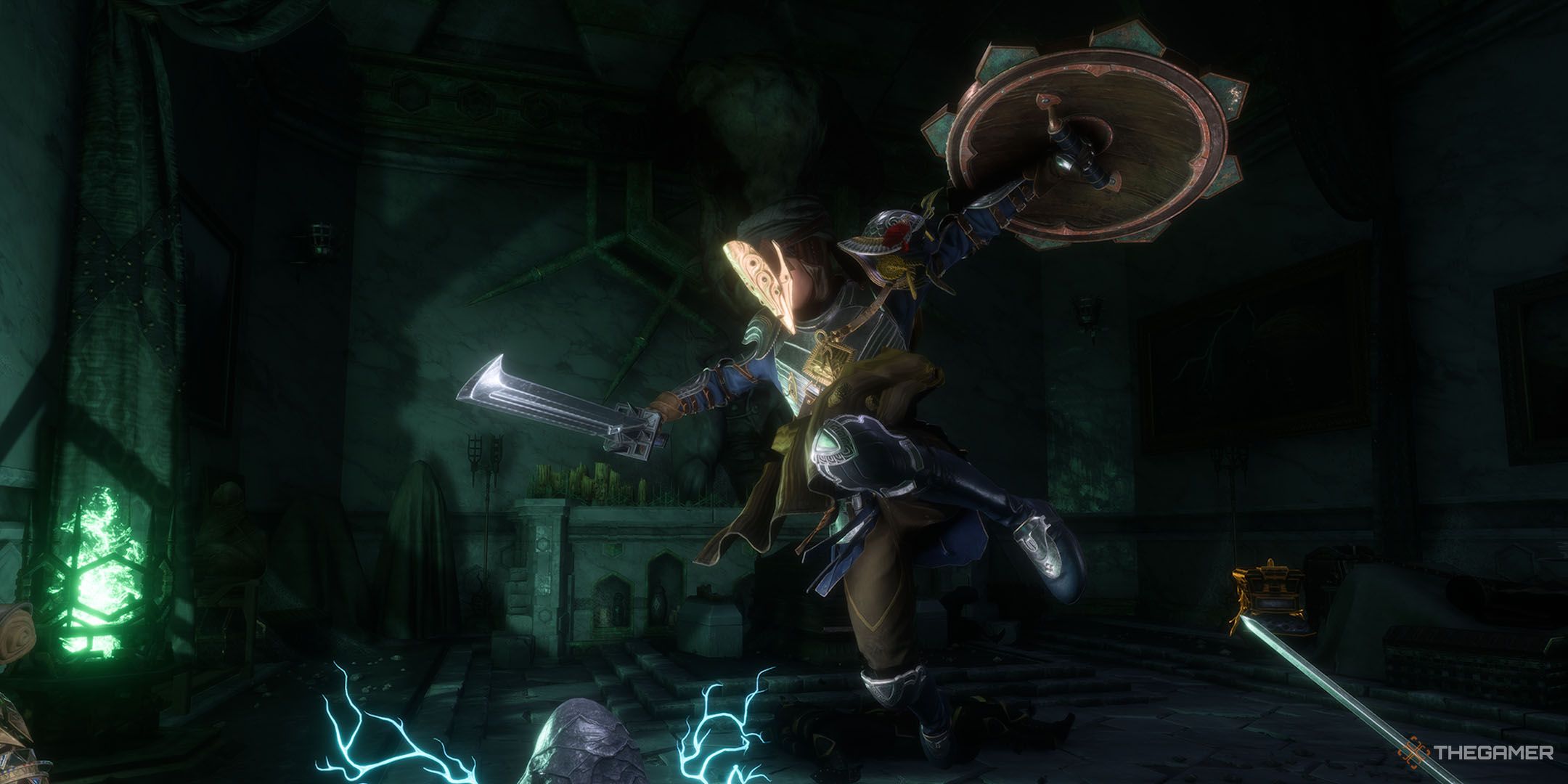
Related
The Veilguard Is The First Dragon Age Game To Make Me Drop The Difficulty
I’m not ashamed of wanting to enjoy it more by making it a little easier.
But in this way, new fans end up meeting familiar characters for the first time with no context given to them, and existing fans end up disappointed that their own individual contexts aren’t being acknowledged. It probably would have been better for everyone if The Veilguard had started fresh – if previous decisions were going to matter so little, it might have been preferable to see an entirely new story and cast of characters.
I’m sure that’s a controversial take – it’s hard to imagine a sequel to Inquisition (and particularly its Trespasser DLC) not involving Solas, and therefore the Inquisitor. But if characters from that game were going to be showing up all over the place, not having our decisions involving them be taken into account feels completely off the mark. It feels more like nostalgia bait than a meaningful inclusion, and it compromises what could have been a meaningful jumping-on point for new players and a reboot of the series.
The Veilguard takes three choices, and clouds up the rest of the canon so players can do mental gymnastics trying to work their own world states into the story. Then it made the game mostly on rails, having us make very few really impactful decisions until the ending, and discounting most of what had come before. I used to think it was a good thing that Dragon Age refused to let go of its long history, but now, it feels like it’s only doing that in the vaguest of senses. It concludes an epic without acknowledging what’s happened before it, and what kind of conclusion is that?
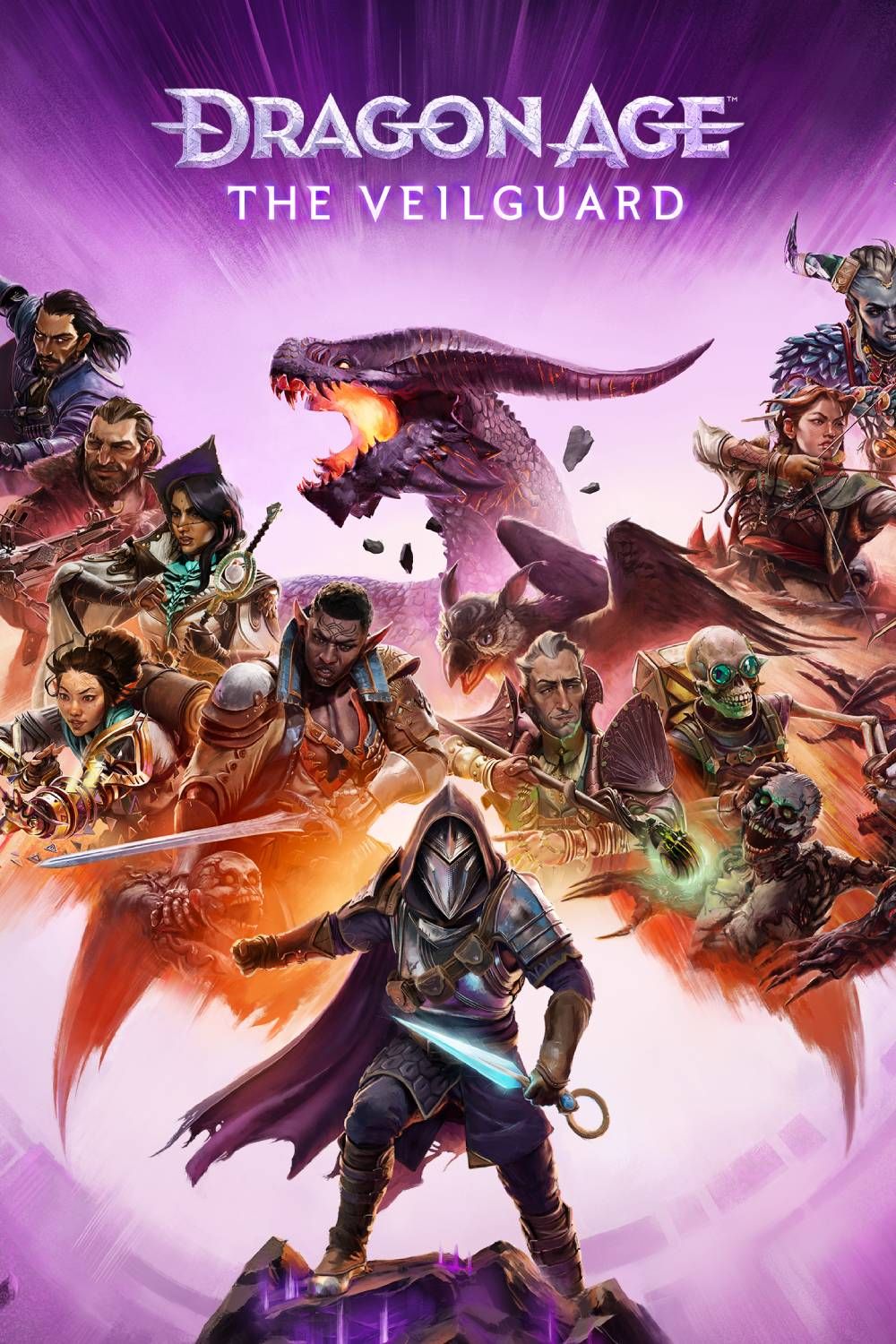
Dragon Age: The Veilguard is the long-awaited fourth game in the fantasy RPG series from BioWare formerly known as Dragon Age: Dreadwolf. A direct sequel to Inquisition, it focuses on red lyrium and Solas, the aforementioned Dread Wolf.
Source link
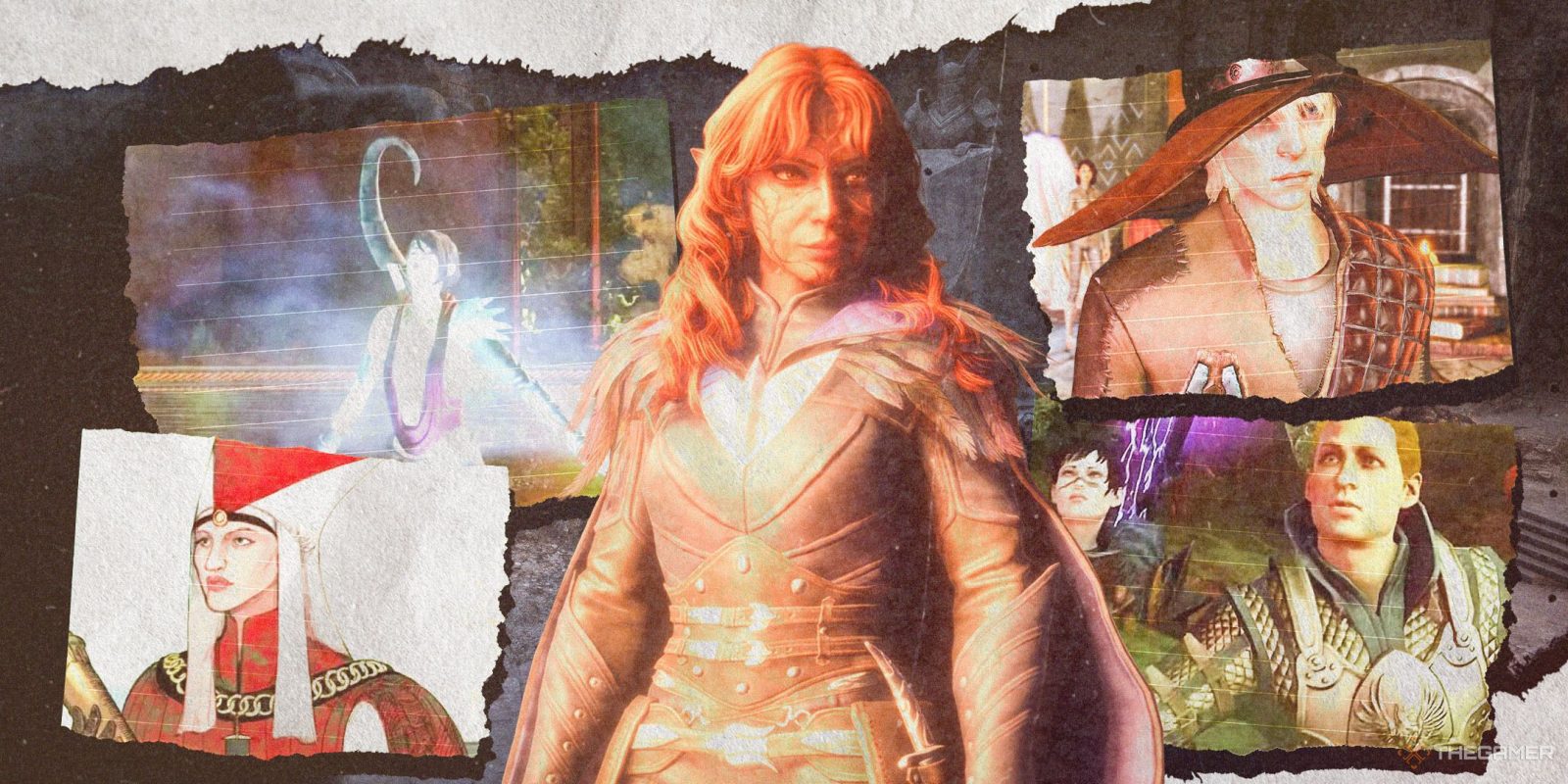
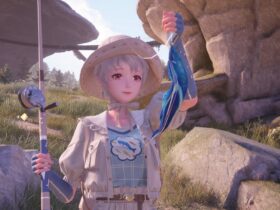
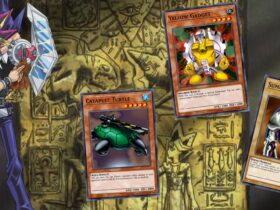





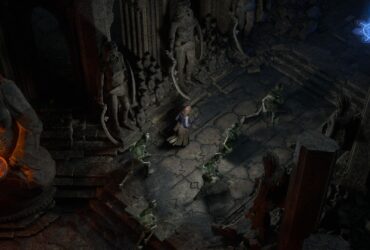
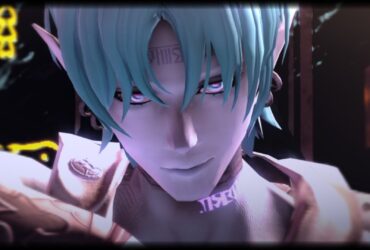
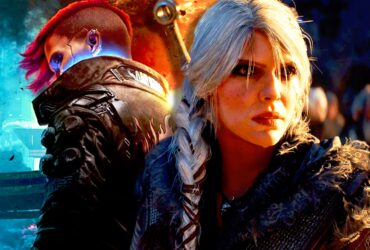

Leave a Reply